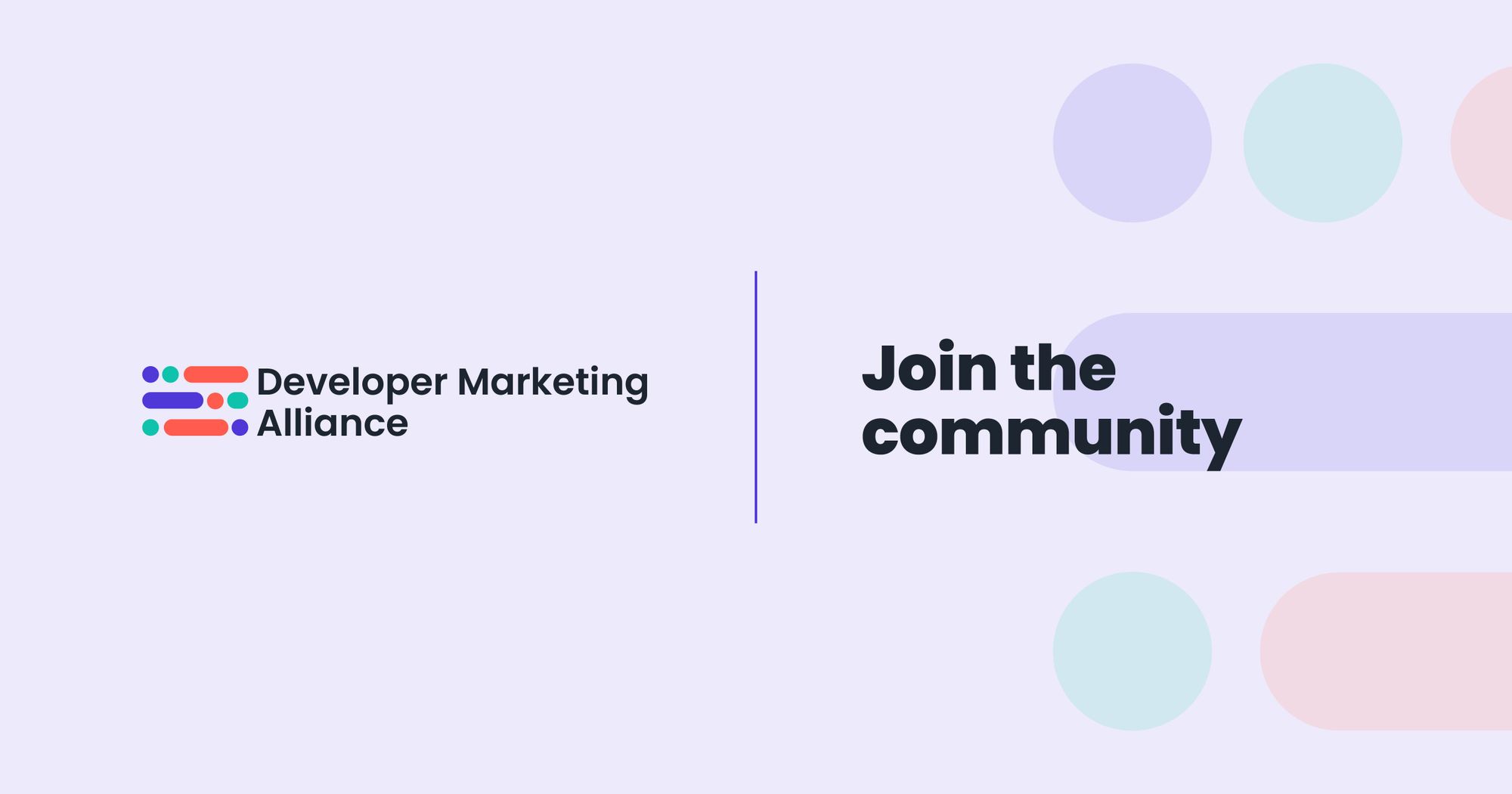Marketing is ubiquitous nowadays; you have ads coming from your left and right, from TV, Facebook, Youtube, or your favorite social media.
For me, marketing used to be just this thing you should ignore. When I used to watch ads, I'd think to myself, "they are just trying to sell me stuff. I should just ignore it."
My first revelation of the importance of marketing didn’t start until university. Back in 2012, I had the ambition to host a student club. It was a music video production student club, and playing music was something I was passionate about during university.
I generated the idea, created a club name and a logo myself, created a Facebook page, made a few music videos, and invited people to the event I hosted. I organized a few events, invited friends to join and help out, and made a few more videos. But the membership count was kept low for a long time.
Now, thinking back, I realize I didn’t put any energy into marketing, I didn’t even know what marketing was at that time! Instead, I put all my energy into operation and execution.
Fast forward to 2019 when I worked as a software developer. Being a developer for 3 years made me realize my skillset is quite monodimensional. The skillset of marketing has been praised in the media for a long time, and I think I did some career assessments that said I'd be good at IT, marketing, and media.
So, I decided to dive into the world of marketing. Plus, maybe one day I can build a software product capable of reaching hundreds of thousands of people.
I don't intend to work in the field of marketing. However, marketing will boost my career in software engineering. My heart will always be in software, but marketing is essential in my overall plan now.

Without further ado, let me introduce you to the fun and useful part of marketing:
- How is marketing useful day-to-day?
- Market segmentation
- Consumer behavior and the buying process
- Growth strategy
- Product development
- AIDA model
- Allocate budget
- Media planning
- Advertisement measurement
How is marketing useful day-to-day?
First, in marketing, the definition of a product can be a good, service, idea, place, or person. So, in a way, selling yourself as a product in the job market, in the dating world, and in society, isn’t the wrong way to interpret it.
Because of that, I can apply all the knowledge and skillset in selling myself in these markets.
“Marketing is the process of achieving individual and organizational objectives by creating superior customer value for one or more target markets with a sustainable strategy”.
It’s useful to know this definition because making a profit in business by cheating or making a short-term profit by hurting the customer is not exactly marketing.
Market segmentation
Another useful concept I learned is market segmentation and target market selection. You can divide a market based on behavior, demographics, and psychographics.
It's useful because you can do so for the markets mentioned above (dating, job, society) and choose a target market that’s suitable. And how do you select a target market, you may ask?
There are four factors: the size of the market, growth, stability, and your own competitive advantage.

Consumer behavior and the buying process
Consumer behavior is all about the psychology behind selling, like learning, affect, memory, personality, value, motivation, and attitude. And the buying process includes problem recognition, information search, evaluation of alternatives, product choice, and post-purchase evaluation.
They are useful to me because, by knowing the psychology, I have a solid theory when I sell a product and I can tweak elements on the spot when I recognize a weakness in my selling approach.
And as to the buying process, I can always recognize a problem the consumer has and try to guide them through the buying process, so they end up choosing my product – and are happy about the purchase.
Growth strategy
There are four growth strategies:
- Market penetration (existing market, existing product).
- Market development (existing product, new market).
- Product development (existing market, new product).
- Diversification (new product, new market).
It’s useful to know this because when I market my product, I can always decide on a strategy based on the product’s characteristics and my capacity and focus on this strategy.
Without knowing it, I might float around different strategies and dilute my marketing effort.
Product development
When someone develops a product, they have to go through idea generation, product concept screening, business analysis, commercial development, technical development, test market plan, market mix adjustment, and a market plan launch.
As a software developer, I see a lot of fellow developers have an idea and build it but fail in the end. A product won’t be successful simply because it's good. It has to also meet the market need (there needs to b enough demand for it) and has to be well advertised.
To my knowledge, when you first start building the software product, you shouldn’t write a single line of code at all! Instead, you should do market research and develop a good marketing plan first.

AIDA model
Communications mix, or the tools you use to communicate with your audience, has four goals: hold attention, hold interest, create desire, and produce action.
Among these, I think holding attention is something I should work on more, but knowing the model helps me better communicate and influence others.
Allocate budget
Did you know a 30-second commercial can cost hundreds of thousands of dollars, and a 30-second radio commercial costs only a few hundred dollars?
Well, I didn’t know! I take it with a grain of salt, as costs can vary, but I think the price range is around that area.
Knowing this is useful because it helps me predict cost when, in the future, I finally decide to launch a product and want to advertise with traditional media.
Media planning
I didn’t know there was such a concept as media planning before. And, because of that, I would indulge myself in my media output on social media back then. After I learn about the gist of it, I realized I can schedule posts without crowding my audience’s social media feed.
Advertisement measurement
“Advertising researchers measure brand awareness, recall of product benefits communicated through advertising, and even the image of the brand before and after an advertising campaign.”
Last but not least, this concept helps me realize advertising is not only about the image the product gives out, and how many people know about your product, but also about the benefits the product provides.
Without these benefits, advertising tactics won't succeed.
Join our Slack community for more developer marketing tips!




